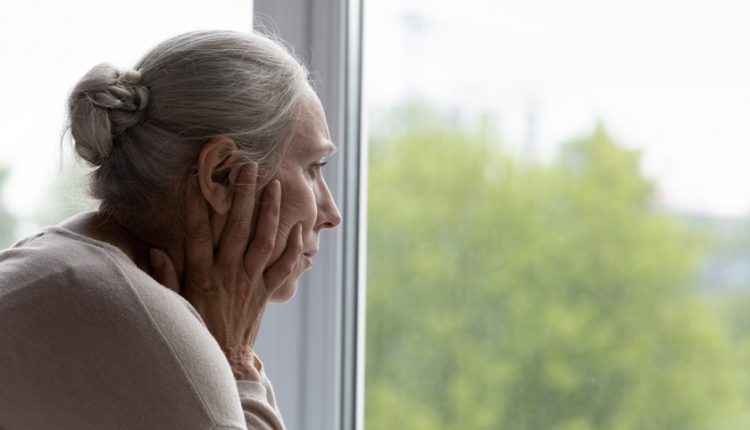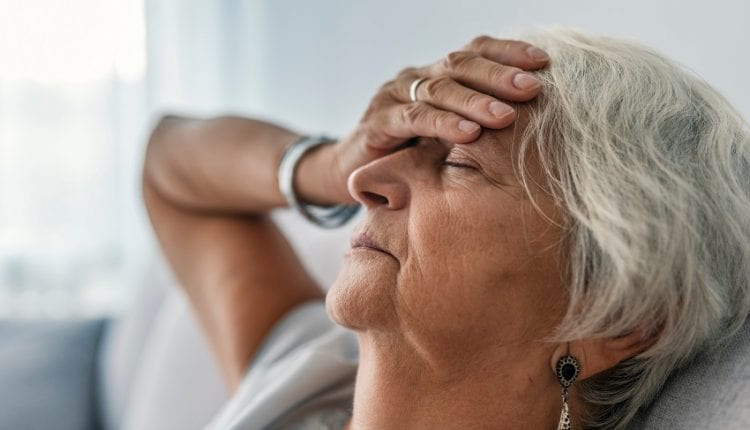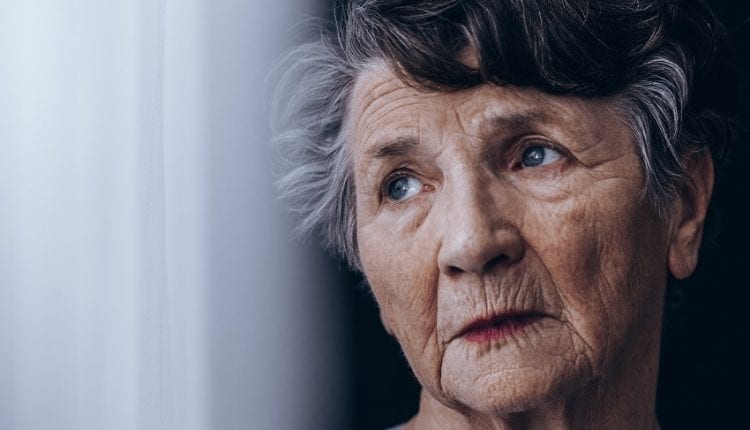
The Most Common Causes of Depression in Older Adults
You may not believe how common depression in older adults can be. But actually, the number of people who experience depression as they get older exceeds one in ten.
Consider asking yourself occasionally if you are no longer interested in the activities you enjoyed in the past. Have you ever felt helpless or desperate? Do you find it increasingly difficult to get through the day? It is essential to pay attention to those warning signs. Regardless of our background or achievements, depression can happen to anyone as we age.
In addition, depression can impact your energy, appetite, sleep, and interest in work, hobbies, and relationships in every aspect of your life. In this article, you’ll learn more about the common causes of depression in older adults. We will also discuss symptoms, treatment options, and whether you or someone close to you may be at risk.
Contents
How Do You Define Depression?
An individual with depression suffers from a severe mood disorder. You can feel, act, and think differently as a result. Older adults are more likely to suffer from depression than younger adults, but clinical depression is not a natural part of aging.
In fact, studies show that most seniors are satisfied with their lives, despite suffering from more illnesses or physical problems. It is, however, more likely to have depression as an older person if you have experienced depression in your younger years.

Types of Depression in Older Adults
It is important to note that older adults may experience several types of depression, including:
- Major Depressive Disorder: The condition lasts at least two weeks and interferes with the ability to perform daily tasks.
- Persistent Depressive Disorder (Dysthymia): The person may still be able to perform daily tasks even if in a depressed mood for more than two years, unlike someone with Major Depressive Disorder
- Substance/Medication-Induced Depressive Disorder: depression caused by substances, such as alcohol or pain relievers
- Depressive Disorder Caused By A Medical Condition: depression caused by another medical condition, such as heart disease or multiple sclerosis.
Depression Causes and Risk Factors
A number of factors can trigger depression. Depressive moods can occur for some people due to changes in the brain. Depression may also happen after a major life event, such as a medical diagnosis or losing a loved one. Stress can sometimes lead to depression, especially for those caring for loved ones with serious illnesses or disabilities. Some people become depressed without any apparent reason. Generally, these are the main factors that may lead to depression:
- Conditions such as strokes and cancer
- A family history of depression
- Anxiety
- Insomnia
- Loneliness and social isolation
- Physical inactivity
- Difficulty engaging in daily activities
- Depressive disorders induced by drugs or alcohol
- Parkinson’s disease
- Cancer
- Diabetes
- Thyroid disorders
- Vitamin B12 deficiency
- Dementia and Alzheimer’s disease
- Lupus
- Multiple sclerosis (MS)
- A Reduced sense of purpose
Notice: These factors can only increase the chance of depression. If you are experiencing one of these conditions, it does not necessarily mean that you will become depressed. But it’s important to keep an eye on these factors and keep them under control.

What Are the Signs and Symptoms of Depression?
Symptoms of depression in older adults may differ from those of younger adults, making it more difficult to recognize. Most seniors with depression do not experience sadness as their primary symptom. There could be a feeling of numbness or boredom instead. Or there may be a reluctance to talk about their feelings.
It is important to understand that everyone experiences depression differently and that there may be symptoms that aren’t listed below:
- An ongoing feeling of sadness, anxiety, or emptiness
- Helplessness, guilt, and hopelessness
- Anxiety, restlessness, or difficulty sitting still
- Sex ceased to be a pleasurable activity
- Fatigue or lack of energy
- A slower pace of movement or speech
- Concentration, memory, or decision-making difficulties
- Oversleeping, waking up too early or having difficulty sleeping
- An unplanned increase or decrease in eating or weight
- Suicidal thoughts or attempts
- Loss of self-worth
- Neglecting personal care
How Would You Respond When Depression Signs Appear?
Symptoms that persist for more than two weeks should be discussed with your doctor. Depression or another health condition could be causing these symptoms. Severe untreated depression can result in suicide.
You should ask your older patients how they feel during their visits if you are a health care provider. Primary care interventions can be highly effective at lowering the possibility of suicide later in life.
Depression in People with Dementia
It is common for people with Alzheimer’s disease and other dementia to suffer from depression. There are some symptoms of dementia that are similar to depression, and depression is an early warning sign of possible dementia. Check out A Guide to Understanding and Communicating with Dementia Patients.
A recent diagnosis of dementia may also lead to an increase in suicide attempts. Support systems are essential for those diagnosed with dementia who may struggle with depression following the diagnosis.
Treatment Plans for Treating Depression
A variety of treatments are available to help those suffering from depression. In most cases, depression gets better with treatment. It may be helpful to seek counselling, medicine, or another form of treatment. Therefore, talk with your doctor about depression if you suspect it.
Certain medications or medical problems can sometimes cause depression symptoms. Your doctor can rule out these possibilities by taking a physical exam, learning about your health history, and ordering lab tests. If your doctor finds no medical condition causing the depression, they may recommend a psychological evaluation and introduce you to a psychologist. Diagnoses and treatment plans depend on the results of this evaluation.
Treatments for depression include:
Support Groups
At times of depression, illness, or grief, you can connect with others going through the same experiences. They provide a safe space for sharing experiences, advice, and encouragement.
Psychotherapy
“Talk therapy” involves counselling that helps people identify and change troublesome emotions, thoughts, and behaviours. Psychologists, licensed clinical social workers (LCSWs), psychiatrists, or other licensed mental health professionals can provide this treatment.
Medications for Depression
It is possible to balance hormones, such as serotonin, that affect mood. A wide variety of antidepressant medications are also available. For example, older adults are commonly prescribed selective serotonin reuptake inhibitors (SSRIs) as antidepressants.
Electroconvulsive Therapy (ECT)
This procedure entails placing electrodes on a person’s head and passing a mild electric current through it. People usually consider this type of therapy only if other treatments haven’t improved their condition.
Final Words
Depression prevents people from seeking help, draining their energy and self-esteem. The situation can be even more difficult for seniors born during a time when mental illness was stigmatized and misunderstood.
Remember, the best thing you can do to help someone with depression is to be there to listen to them without trying to fix them. Rather than criticizing feelings expressed, point out realities and offer hope. Show moral support, accompany your loved ones to appointments and help them find a good doctor.
Read More:
It’s essential to raise awareness about the various factors contributing to depression in older adults, as this population is often overlooked in mental health.
This article is a timely reminder of the challenges many older adults face regarding mental health. I hope this article helps reduce the stigma around mental health in older adults and encourages more individuals to prioritize their mental well-being as they age.